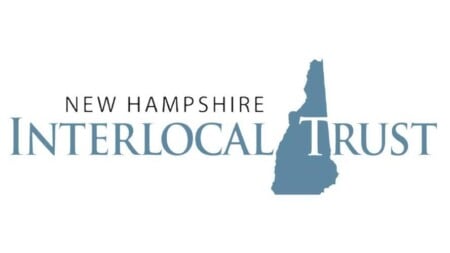State Takes Control of Failing Health Insurance Program
The New Hampshire Secretary of State’s office has taken over the New Hampshire Interlocal Trust (NHIT), a nonprofit organization that helped local governments pool resources to buy health insurance. The trust, which served 28 communities ranging from Hillsborough County to small charter schools, was dissolved about a month ago due to financial struggles.
The NHIT’s financial woes were attributed to a significant increase in health claims, particularly in January. According to Lance Turgeon of WIPFLI, the appointed receiver, the cause of this surge is unclear, but the high cost of weight-loss medications may have contributed to it. The trust’s cash reserves dwindled to critically low levels, making it uncertain whether it could cover member claims from week to week.
Under state law, any shortfall in paying claims would be covered by taxpayers in the member communities. The NHIT has informed its members that they may be assessed for additional funds, a move that has raised concerns about the legality of such actions given the existing contracts.

This incident has raised questions about the four-decade-old system of pooled risk-management programs in New Hampshire. Four such programs operate in the state, with the NHIT being one of two currently under administrative enforcement action by the Secretary of State’s office. The other three programs – Primex, SchoolCare, and HealthTrust – are being closely monitored, with Primex and SchoolCare reportedly in good financial health.
The situation highlights the challenges faced by self-insurance programs, which were authorized by state law in 1987 to help smaller communities self-insure against employee health insurance costs or liability and property damage. While these programs can lower expenses by avoiding insurance company markups and certain regulations, they require a large membership base to spread risk effectively.
The state’s intervention in the NHIT serves as a warning to other pooled risk-management programs to maintain adequate surplus funds to cover future costs and emergencies. The Secretary of State’s office is working to ensure that these programs comply with state regulations and maintain the financial stability necessary to support their member communities.


